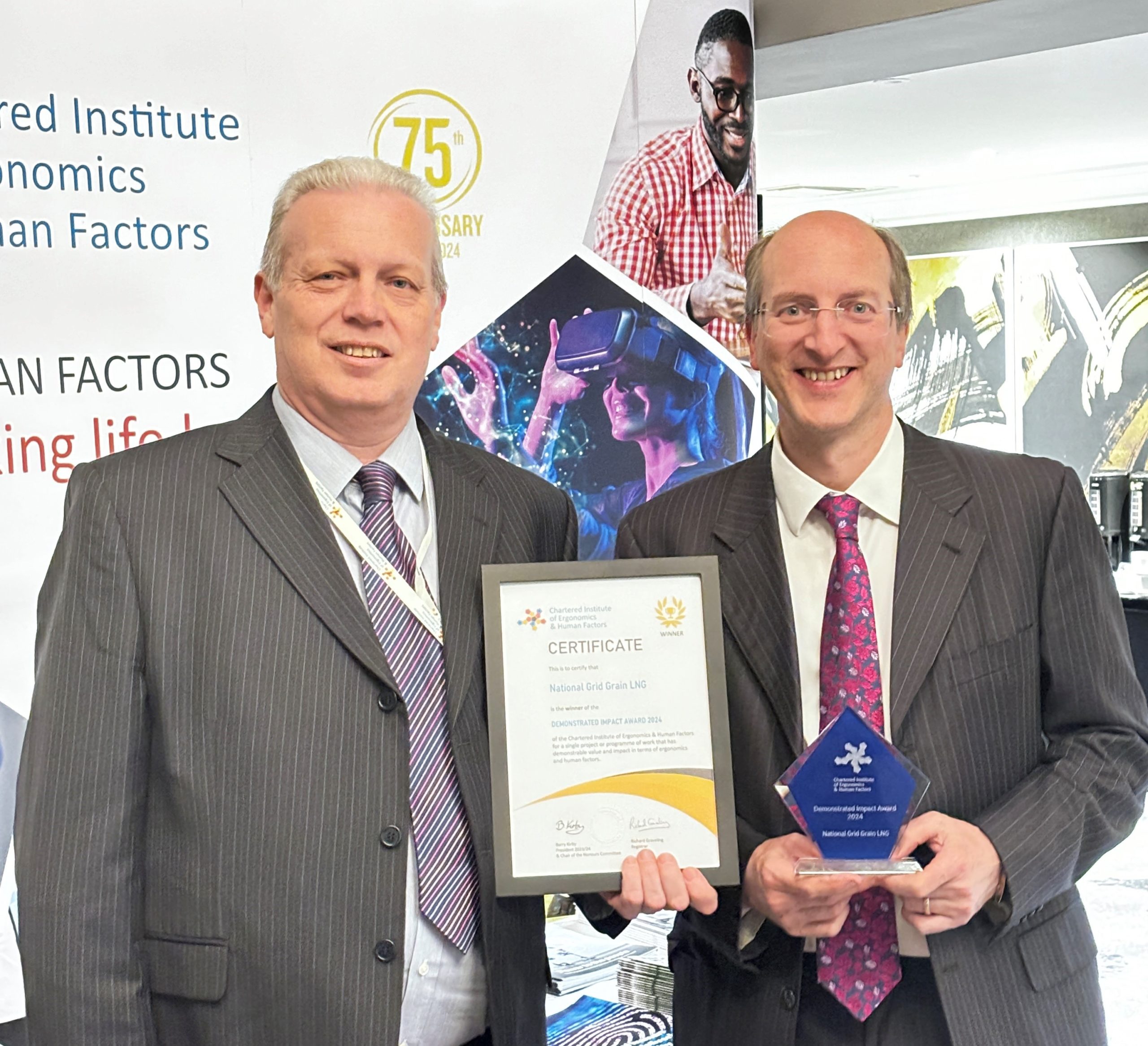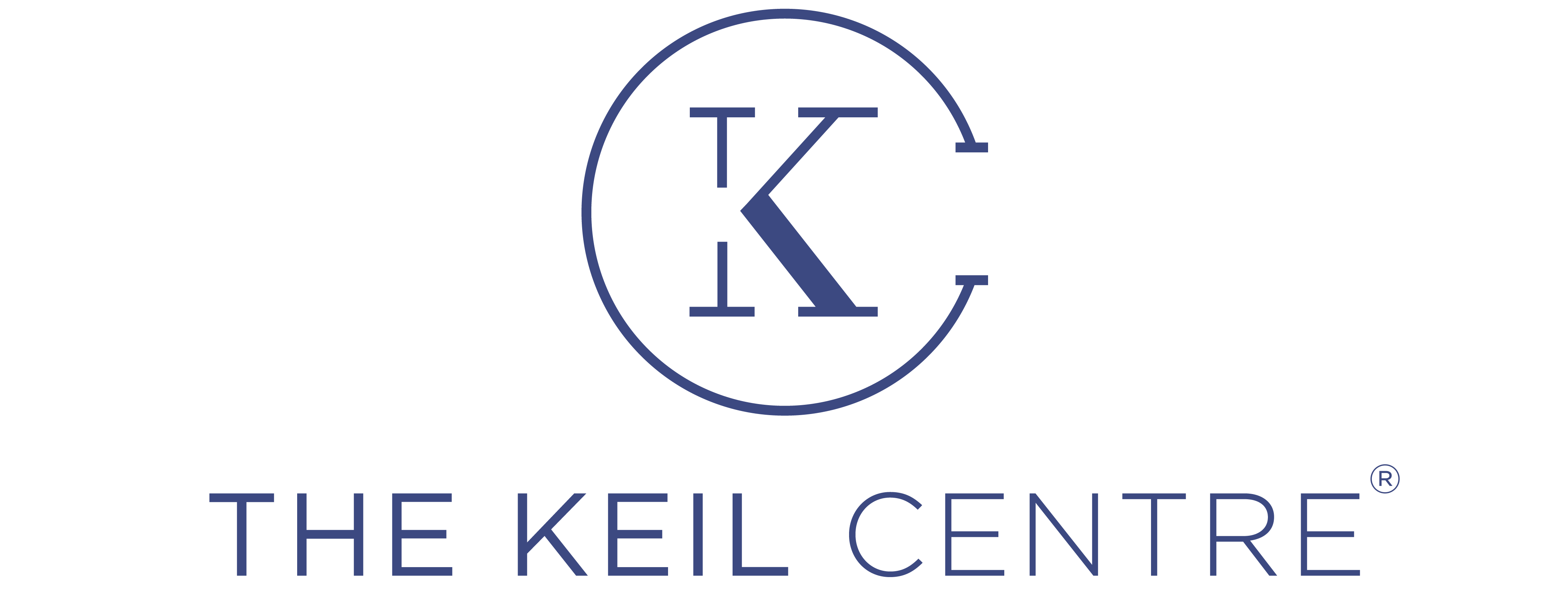Congratulations to National Grid Grain LNG
April 24, 2024

We are delighted to announce that one of our long-standing clients, National Grid Grain LNG (GLNG), has won the Demonstrated Impact Award from the Chartered Institute of Ergonomics & Human Factors (CIEHF). This award is for human factors work which has made a real impact on people at work.
The award was for GLNG’s work on fatigue, which is an industry-leading example of practical management of fatigue risk. The Keil Centre’s Director, Richard Scaife, attended the awards ceremony with National Grid representatives Alan Dillien, Stuart Hill and Stuart Clack on the 23rd April 2024 at the CIEHF Conference in Kenilworth.
"It was an honour to attend and witness them picking up the award, which is very well deserved!”
Richard Scaife, Director of The Keil Centre
So what did they do that made the difference?
1. Undertook a fatigue survey that captured both shift and on-call work over a two-week period. This involved staff maintaining fatigue diaries, after which our team completed biomathematical modelling of fatigue on site.
2. Developed a Fatigue Risk Management Plan (FRMP) in line with Energy Institute guidance. This included two bespoke tools that allowed a fatigue risk assessment to be conducted at the individual and management levels.
3. Developed three interactive video learning modules for both staff and managers. These covered general fatigue awareness, the FRMP and its purpose (including guidance on how to manage fatigue), and management responsibilities under the FRMP (including how to use effective KPIs).
4. Introduced nutritional coaching called ‘Beat the Burnout’. This covered how to combat burnout, specifically to boost and improve concentration, energy levels, alertness, productivity, problem solving, efficiency and mental health.
What was the impact?
Early engagement and inclusion of employees and management ensured a smooth transition and buy-in. Success of the programme has been measured in a number of ways such as:
- KPIs associated with workload, fatigue, overtime, sickness and absence have shown improvements and are reviewed monthly and annually.
- The leadership team bought into the training and see and understand the usefulness of the tools.
- Employees understand that if they use the tools then it does not mean they are unfit for work, just that they may be assigned different tasks or their work may be managed differently.
- The perception from management and workforce is that prior to this programme they were exposed to fatigue risk. If they had not taken action and implemented the programme, they may have had an issue.
- Undertaking the study and the FRMP has meant that the monitoring of hours and data has allowed GLNG to see emerging trends and hot spots with regard to fatigue.
- Understanding the impact on specific positions has allowed the development of roles such as Lead Operating Technician and Deputy Engineer for the various maintenance disciplines so that roles and responsibilities can be shared.
- The maintenance teams now undertake early and late shift roles (07:00 – 15:00 and 11:00 – 19:00), which gives the maintenance teams the flexibility to cover ship offloading and allows later starts should an on-call maintenance technician be called out outside of core hours.
- The ‘Beat the Burnout’ coaching received very positive feedback:

This is a real-world example of how an organisation has taken advice and guidance and used it to develop a practical approach which has made a real difference to its staff. We congratulate GLNG for this and we sincerely hope that their hard work will help and inspire others to make a difference in their organisations.

